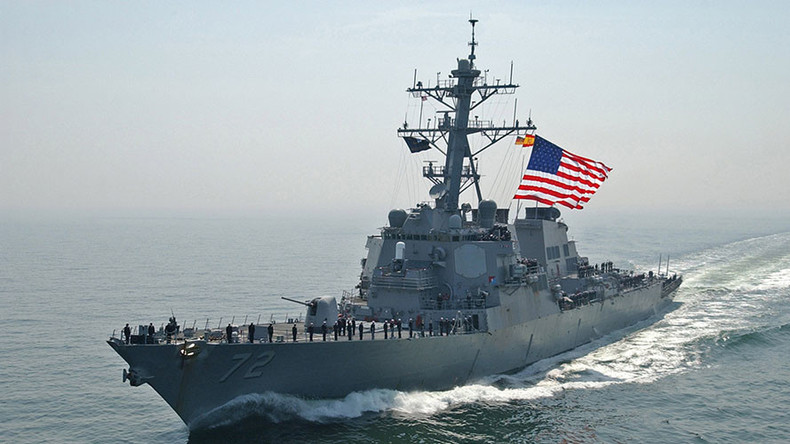 What is DFARS? What is DFARS?
The U.S. Department of Defense (DoD) published the Defense Acquisition Federal Regulation Supplement (better known as DFARS) in order to restrict how specialty metals are sourced for specific government and defense related projects. DFAR raw material restrictions were put in place to protect the US defense industry from being overly dependent on foreign suppliers. DFARS has had many revisions over the years so it is important to refer to your contract to verify which revision applies.
What is a DFAR compliant material?
DFAR materials include varieties of specialty metals and alloys. In order to qualify as a DFARS compliant material, a metal or alloy must be melted or produced in:
o United States
o NATO country
o DFAR qualifying country (per DFARS 225.872-1) | DFARS Approved Countries per 225.872-1 | Australia
Austria
Belgium
Canada
Czech Republic
Denmark
Egypt | Estonia
Finland
France
Germany
Greece
Israel
Italy | Japan
Latvia
Luxembourg
Netherlands
Norway
Poland
Portugal | Slovenia
Spain
Sweden
Switzerland
Turkey
United Kingdom of Great Britain and Northern Ireland | What metals are cover under DFARS?
DFARS compliance covers a variety of specialty alloys pertaining to their chemical content, including:
o Steel: With a maximum alloy content exceeding one or more of the following limits: manganese, 1.65 percent; silicon, .60 percent; or copper, .60 percent; or Containing more than 0.25 percent of any of the following elements: aluminum, chromium, cobalt, columbium (niobium), molybdenum, nickel, titanium, tungsten, or vanadium.
o Metal alloys consisting of nickel, iron-nickel, and cobalt base alloys containing a total of other alloying metals (except iron) in excess of 10 percent.
o Titanium and titanium alloys
o Zirconium and zirconium base alloys In addition to this is, a 2019 DFARS update has also provided a new set of restrictions regarding the purchase of tungsten alloys. DFAR Compliant Materials
The list below is a general guideline of those materials that can be produced to meet DFARS compliance: Stainless Steels
o All 300 and 400 series stainless
o 15-5 PH stainless
o 17-4 PH stainless
o 13-8 MO stainless Titanium
o Commercially pure grades 1, 2, and 4
o 6AL-4V (Grade 5)
o 6AL-4V ELI (Grade 23) Nickel Alloys
o Nickel 200, 201, & 205
o Nickel Alloys 400, 405 and K-500 (Monel(R) family of alloys)
o Nickel Alloys 600, 601, 625, 718, & X-750 (Inconel(R) family of alloys)
o Nickel Alloys B-2, C-22, C-276, & X (Hastelloy(R) family of alloys) Cobalt Chrome Alloys
o MP35N
o L605
o CoCr20Ni15Mo7 (ASTM F1058, Conichrome(R), Elgiloy(R), Phynox(R))
o 28Cr-6Mo (ASTM F1537, BioDur(R) CCM Plus(R)) Other Alloys
o Nitinol
o Invar(R)
o Kovar(R)
o Zirconium | 
